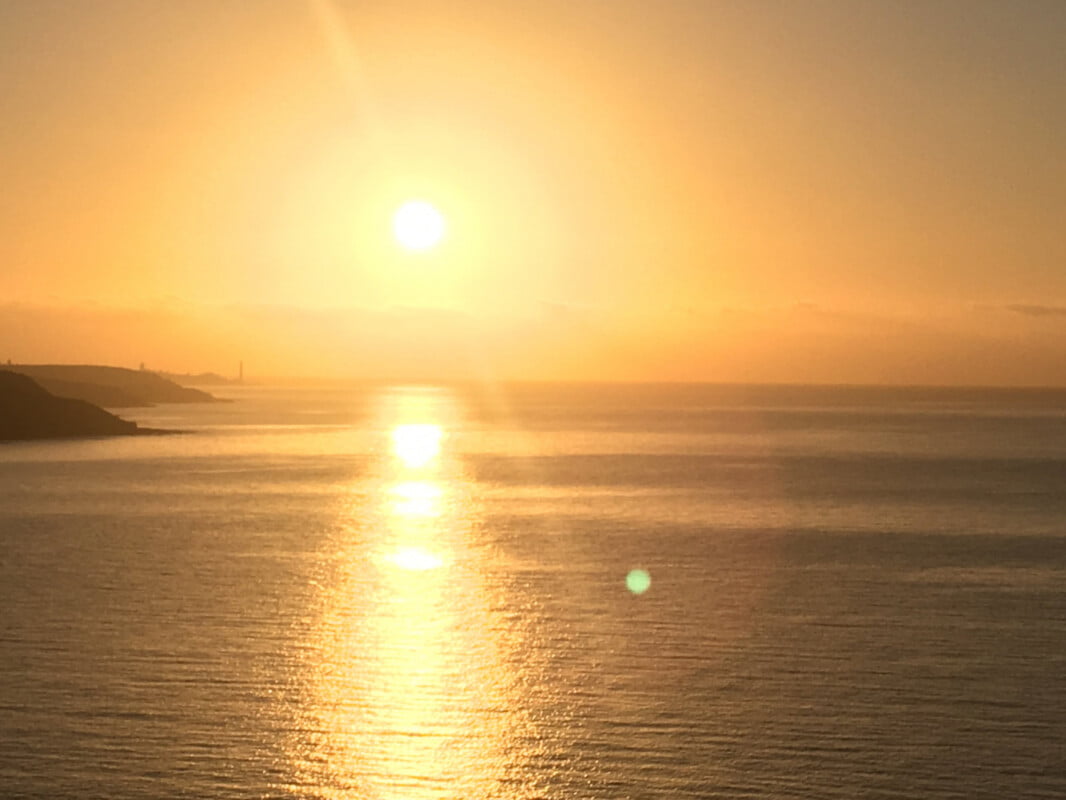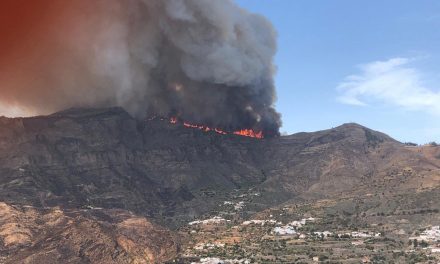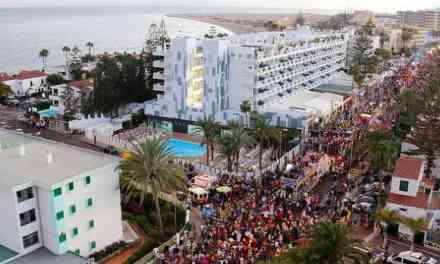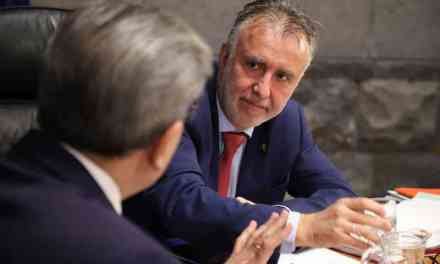Warm weather and sunshine have little effect on stopping the spread of Covid-19. The Canary Islands archipelago as a whole remains the Spanish region with the lowest accumulated incidence of Covid-19 over the last 14 days, writes Yanira Martin in Spanish language daily LaProvincia, with 76.9 cases per 100,000 inhabitants, as well as the lowest over the last seven days, with 43.3 per 100,000. While the spread of the virus has skyrocketed throughout the rest of Spain and other European countries, the contagion curve in The Canaries has dropped significantly. Some have suggested that our climate may have been a key factor. But no evidence appears to support this idea. Warm weather and sunshine do not stop COVID-19 from spreading, though it may be beneficial, the danger is as real and present here as it is anywhere else.
The second wave of this global pandemic was first detected here in mid-August, when temperatures were very high. In fact, the accelerated spread of the virus led the Canary Islands to tightening restrictions, and our worst recorded data so far followed just a few weeks later, when we reached a record of 382 new daily infections detected on September 4, just one day earlier the region had added 381 positives to our count.
This seemed to puzzle many experts, as well as the many members of the public who claimed, particularly on social media, that SARS-CoV-2, like other coronaviruses, would not be able to survive hot weather and, therefore, would not be a worry during the summer. However, once again, COVID-19 showed that its behaviour is still not easily predicted.
The fact that so many amatuer ‘researchers’ and non-scientists attempt to speak so authoritatively on what is still a highly-contagious pathogen, less than a year since it was officially identified, who attempt to define its characteristics and the ‘alternative’ steps we should all take, regardless of the best peer-reviewed advice available to us, is not only incredible, but it is a sad reflection of a modern-day tendency to confuse those with loud opinions for those who cautiously try to follow verified facts and real learning based on direct observation in the lab. Social media disseminates all kinds of information, regardless of accuracy. Looking at it, following it and liking it is not research.
We must not allow our societies and communities to be dictated to by angry, ignorant people who see conspiracies everywhere and in everything and everyone. Just because we are in a sub-tropical sunshine holiday destination, does not mean we can try to “save businesses” by ignoring the actual economic consequences of governments trying to effectively deal with a situation that has had dire consequences for the entire world, and which continues, and will continue, to cause serious problems that could last for generations.
We must be calm, and work together, particularly with experts in the field, to find the right paths to put these problems behind us. Which eventually we will.
“High temperatures do not stop the virus, but with cold [weather] people occupy more enclosed spaces”
Amós García Rojas – Epidemiologist
Epidemiologist and Vaccine Physician Doctor Amós García Rojas, head of the Epidemiology and Prevention department of the Canary Islands Government’s General Directorate of Public Health, says the summer showed that the heat does not help to contain the spread of the disease. “The only seasonal factor that can influence that is, when it is cold people tend to occupy more enclosed spaces, which favors the transmission of the infection. However, the temperature, as such, does not stop this new coronavirus”.
Likewise, Calima (warm winds that bring dust from the Sahara) which often affects the region does not appear to influence the infection rates either. “There is no logical relationship that suggests that suspended dust can have a positive or negative influence on the problem”, said the specialist. “What we do know,” he continued, “is that our good data is associated with the good behavior of citizens in general, the excellent work being done by the trackers and the proper functioning of the health system.”
As for whether the arrival of winter could increase the risk of coinfection, between both influenza and Covid-19, the expert bluntly says that, “the influenza virus is seasonal and always has a greater presence in winter, unless the… vaccination campaign is [taken seriously by the public]. This compliance added to the security measures, could ensure that there are hardly any cases of the flu”.
In the opinion of García Rojas, the current evolution of the SARS-CoV-2 pandemic on the islands can be described as “favorable”, taking into account that the difficulties seen in many other regional autonomous communities have been decisive in decreeing the new state emergency. “We have an incidence that, within the context we are experiencing, is more than acceptable. We must bear in mind that, if we want to preserve it, we must insist on maintaining correct hand hygiene, interpersonal distance and the use of masks ” emphasizes the department chief.
Until there is an effective vaccine, he says we must continue to be alert and not lower our guard. “Bad decisions could throw all advances overboard,” he highlights, pointing out that a large number of Covid-19 outbreaks that occur are being detected following gatherings between friends or family. A fact that leads him to appeal for each citizen to be prudent and responsible. “Even though we are with people who are part of our narrower circle, it is important to respect physical distance and use masks. The Christmas period is approaching and, of course, it will not be a holiday like the ones we have had before. We are living through an exceptional situation and we all have to collaborate to end this conflict as soon as possible” concludes García Rojas.










